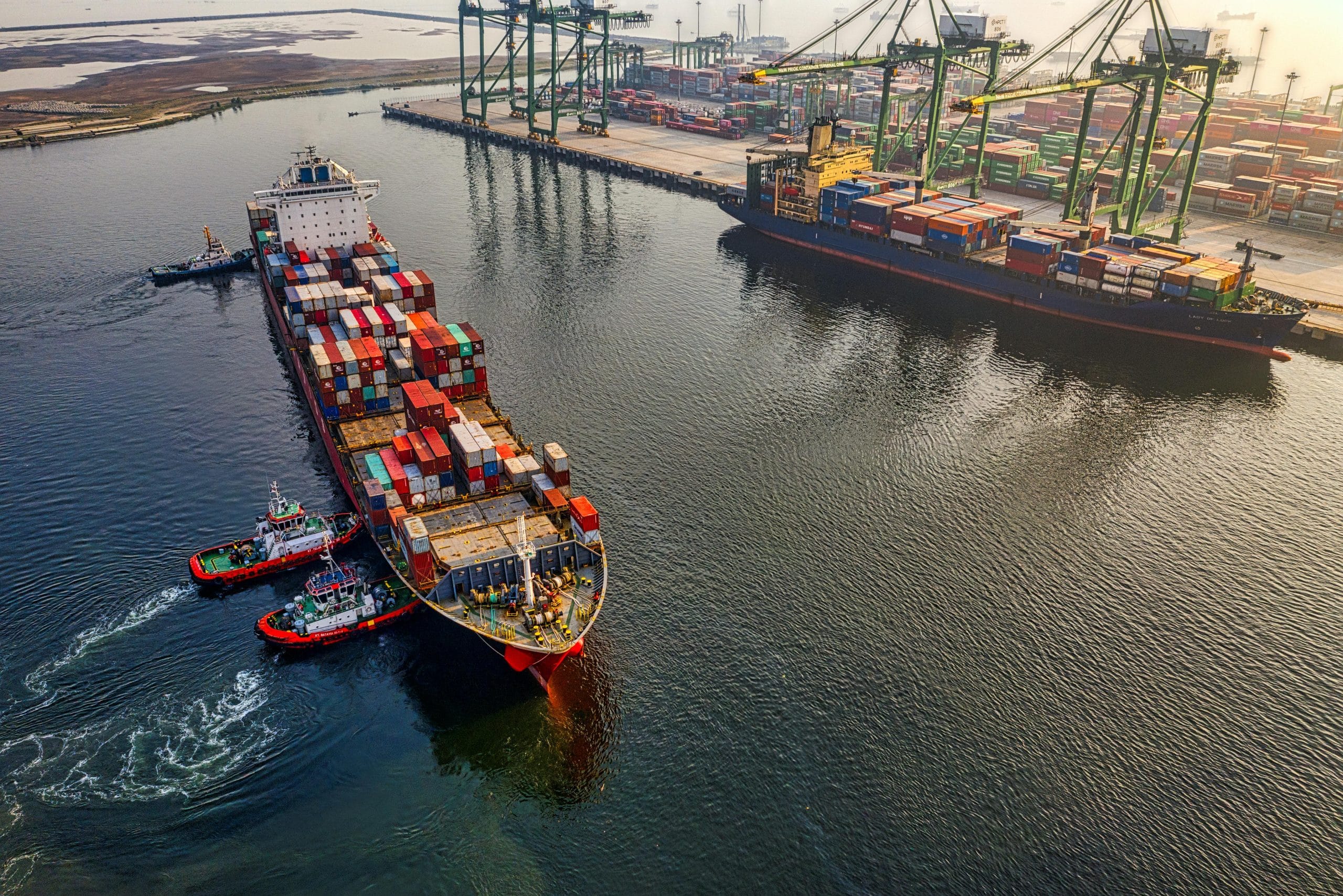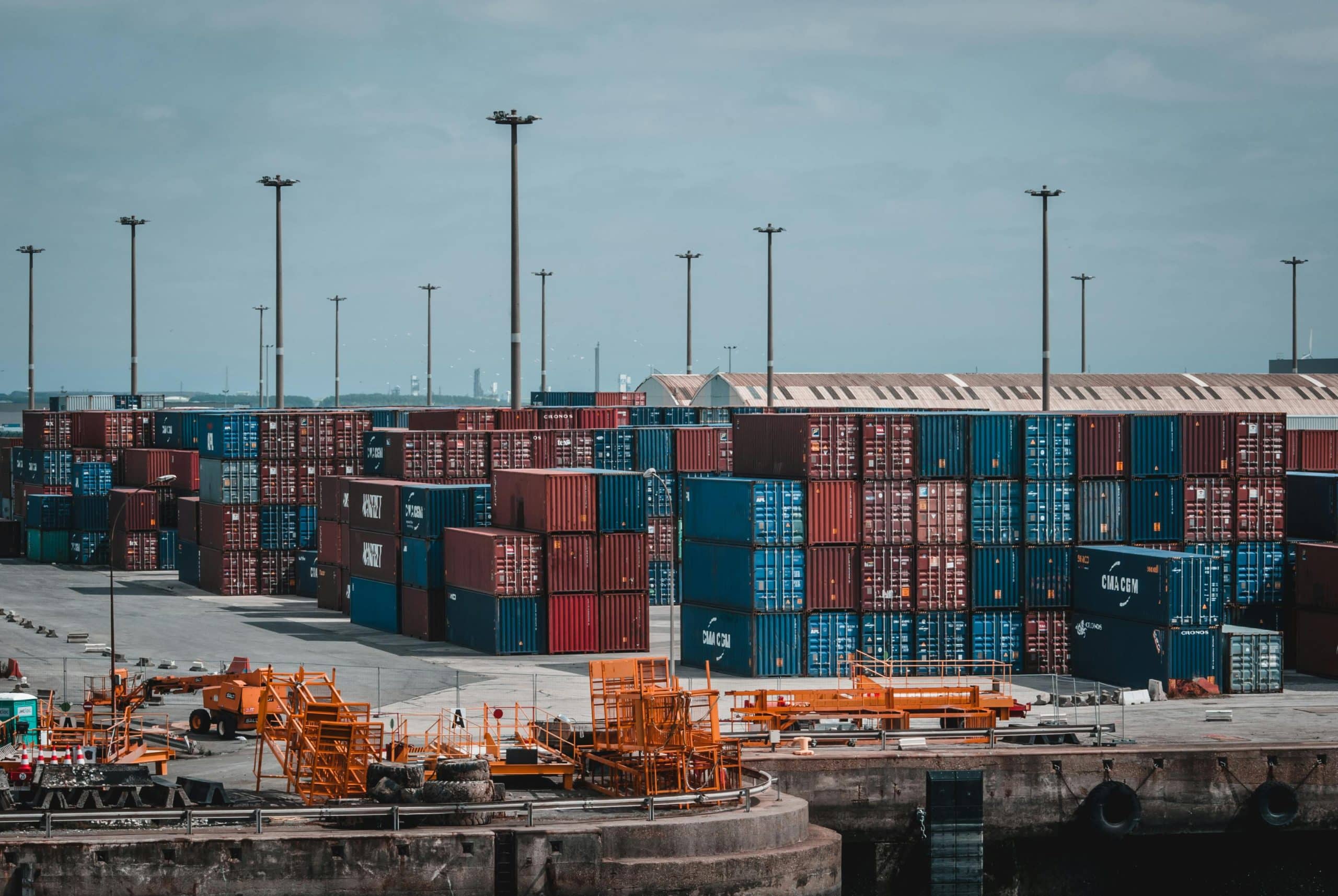The Chagos Factor
Trump’s Trade War and Britain’s Global Standing
Published 21st March 2025
I apologise to my regular readers for my recent absence. The unprecedented actions of Donald Trump on trade and global conflicts rendered my prepared material outdated. However, recent developments demand attention—not only in the escalating trade war but also in Britain’s geopolitical position.
I am encouraged by the legal challenges Sir Keir Starmer now faces in the High Court over his surrender of the Chagos Islands to Mauritius — a nation closely aligned with China. This is a cause I have long campaigned against, and Starmer must be held accountable—especially given that the former Mauritian Prime Minister, Pravind Jugnauth, who negotiated the deal, has now been arrested as part of a money-laundering investigation.
Moreover, it has come to light that the ICJ’s ruling on the Chagos Islands was influenced by its vice-president, Xue Hanqin—an ex-Chinese official—who pushed for a rapid transfer of the territory to Mauritius. This overtly political decision should not be treated as binding. Mauritius’s claim is fundamentally flawed, as it rests on the mistaken notion that administration equates to ownership.
In reality, administrators act in the interests of the sovereign power—in this case, Britain—making Mauritius’s argument a formal fallacy.
Given that Sir Keir Starmer is a distinguished lawyer, one would expect him to recognise this principle. However, when considering Starmer’s well-documented fondness for gifts, serious questions arise, or Is It Me!
While I remain deeply invested in Britain retaining the Chagos Islands, particularly as they host the largest US military base and a key space operations hub, the immediate focus must shift to Trump’s escalating trade war. With that, let’s examine the unfolding tariff battle and its implications.
Anthony Royd
Trump’s Tariff War
The Need for a Reciprocal Tax Agreement
Understanding Trump’s Tariff War
Donald Trump’s imposition of high tariffs on imported goods from countries that charge VAT on US exports is rooted in concerns over trade imbalances. The fundamental issue is that VAT-based economies, such as the UK, create an uneven playing field for American exporters, making it more expensive for US businesses to sell goods internationally.
Adverse Effects on Trade with the US
One of the key concerns surrounding VAT and international trade is its impact on market competition.
Competitive Advantage in Domestic Markets
For UK traders selling domestically, VAT provides a built-in advantage. Imported goods from the US are subject to VAT upon arrival, increasing their price and making local alternatives more attractive to consumers. Since UK businesses can reclaim VAT on their input costs, they do not bear the same burden as foreign exporters. This puts US businesses at a competitive disadvantage, as they must factor in VAT without the ability to reclaim it.
Additionally, the UK’s 20% VAT significantly affects price competitiveness. When American exporters sell goods to the UK, their products become more expensive compared to domestic UK businesses, discouraging trade.
Understanding VAT and Sales Tax in International Trade
To grasp the implications of a Reciprocal Tax Agreement, it is important to understand how VAT and Sales Tax differ between the UK and the US.
VAT in the UK
VAT is a consumption tax applied to most goods and services at each stage of production and distribution. Businesses pay VAT on their inputs but can reclaim it when they sell their products. The final burden falls on consumers, as VAT is charged at the point of sale.
When UK businesses export goods, these sales are usually zero-rated, meaning they do not charge VAT on exports, but can still reclaim the VAT paid on production costs. However, when US goods enter the UK market, they are taxed, creating a trade imbalance.
Sales Tax in the USA
In contrast, the US sales tax system operates at the state and local levels. Sales tax is only imposed at the point of sale to the final consumer and does not involve reclaiming taxes paid on inputs. The rate varies by state, ranging from 0% to over 13%, adding complexity for businesses selling across state lines.
International Trade


Selling Goods from the UK to the USA
UK exports to the US are generally zero-rated for VAT, making them more price-competitive upon arrival in the US.
Once in the US, these goods may be subject to sales tax depending on the state where they are sold.
However, sales tax is typically lower than the UK’s 20% VAT, meaning UK businesses often face fewer tax barriers when exporting to the US than US businesses face when exporting to the UK.
Impact of the UK’s 20% VAT on Trade with the US
Competitive Disadvantage for US Businesses — American companies face increased costs when selling into VAT-based markets, while UK businesses can sell into the US with fewer tax-related price increases.
Revenue Generation for the UK — VAT provides a major source of government income, supporting public services and infrastructure.
Encouragement of Local Consumption — The VAT system incentivises UK consumers to buy locally rather than from foreign sellers whose products are taxed upon import.
Administrative Burden — The complexity of VAT regulations makes it harder for smaller US businesses to trade with the UK, discouraging international commerce.
The Need for a Reciprocal Sales Tax Agreement
A Reciprocal Sales Tax Agreement between the UK and the US would aim to address these disparities by standardising tax treatment and ensuring fairer trade practices. By creating a system where businesses can reclaim sales taxes or VAT-like charges in each jurisdiction, both countries can reduce trade friction and encourage balanced economic exchange.
This approach would mitigate the effects of VAT on American exports while ensuring tax fairness, ultimately addressing concerns about trade imbalances raised by Donald Trump, or Is It Me!
The details of the proposed Reciprocal Sales Tax Agreement and Addressing Trade Fairness, will be published in part 2 next week